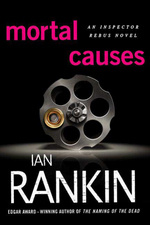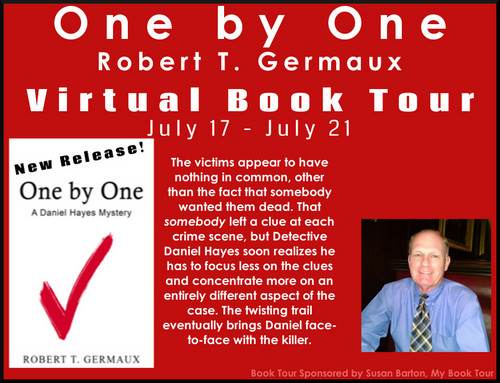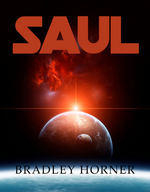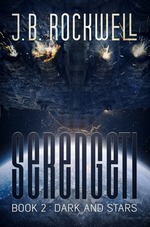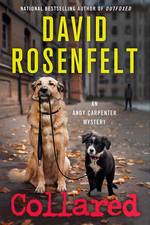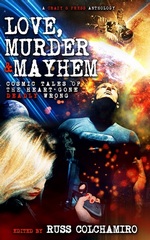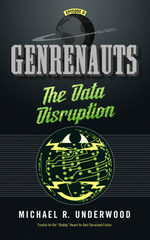 Ewan Pendle and the White Wraith
Ewan Pendle and the White Wraith
by Shaun Hume
Series: Ewan Pendle, #1Kindle Edition, 496 pg.
Popcorn & Rice Publishing, 2012
Read: August 1 – 2, 2017d

Yeah, so this is a MG Fantasy about an orphan boy with horrible foster parents being recruited to go to a private school where he’s trained in mystical arts and gets in all sorts of adventures. But it’s totally not Harry Potter. Clearly inspired by that series by Rowling — but others as well, don’t get me wrong (Riordan and Mull leap to mind as examples) — but Ewan Pendle and the White Wraith is its own thing. Every now and then its non-Harry Potterness gets in your face and is a bit distracting. At the same time, focusing on how Hume zags when Rowling zigs, or how they approach the same convention differently displays the strengths of this project while making it appealing for the reader missing the Hogwarts crew.
Ewan and the others at his school have the rare ability to see all sorts of mythical Creatures, and as such, are trained to deal with them and other exotic threats. Classic boarding school-type hijinks ensue, Ewan makes a couple of really good friends, and a few others. He and Mathilde and Enid, his two best friends, come across some information which they believe indicates that graduates, officials and at least one student are involved in an attempt to kill the Queen. They bend, break, and ignore rules to investigate and try to stop this plot.
Meanwhile, they have all sorts of interesting studies — there’s a class involving swords, one hand-to-hand combat, one involving making potions (of sorts), one involving the Creatures (of course), and things of that nature. That’s pretty fun.
The relationships between Ewan and his two closest friends, as well as those between the other students and some of the teachers are just great. I can easily see fan favorites emerging from among the student body as the series continues. There’s a couple of kids in his class that have an irrational hatred of Ewan and his friends. Those two are a little too underdeveloped now, they might as well have mustaches to twirl. It won’t take much in book 2 to develop them into something interesting.
On the whole, an entertaining, heartfelt, and quick fantasy novel that’ll please the MG crowd. The plot is solid, ditto for the characters, and the world is both familiar and foreign. I’d like book 2 to deepened everything a little, but given the worldbuilding and plotting that one had to establish that it won’t, that should be easy. Give this one a shot.
Disclaimer: This book was provided to me by the author in exchange for this post and my honest opinion.
—–



